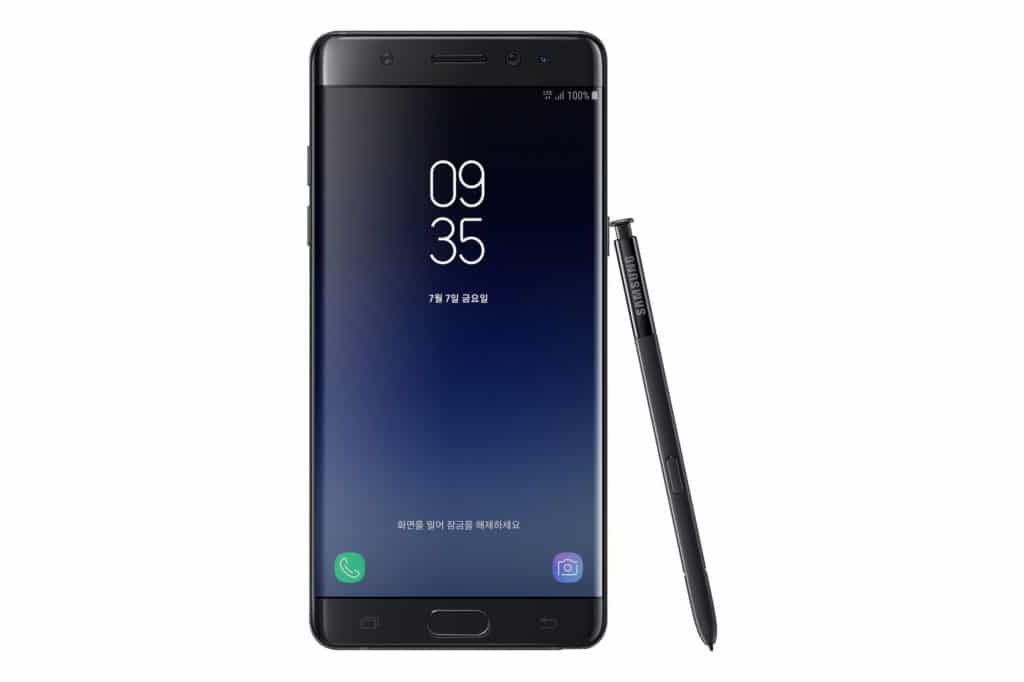
The faulty batteries that Samsung shipped in millions of Galaxy Note 7 units worldwide have led consumers to doubt the QA testing done by the company for its devices. After all, with so many Note 7 units exploding, how could Samsung not detect the issue in its internal testing? As it turns out, Samsung tested the batteries that it used inside the Galaxy Note 7 in its own labs instead of the 28 third-party labs certified by CTIA.
Any smartphone OEM is required to get the battery that they plan on using insides their smartphones to be tested by one of the 28 labs certified by CITA to ensure it complies with the Institute of Electrical and Electronics Engineers standards. Samsung, however, uses its in-house lab for CTIA certification. It is the only major smartphone OEM to do so. Motorola and Microsoft also have their own CTIA-certified labs, but both companies are shutting it down. Motorola also confirmed that it used its internal labs for its own testing and used third-party labs for obtaining CTIA certification.
Samsung’s CTIA-certified lab is not new though, with the company testing batteries for its smartphones in them since 2009. The process involves testing the battery individually and while it is powering a phone to see how it handles situations like being used for calls, being charged etc. The tests also put the batteries through very high temperatures to simulate summer conditions to see how they hold up.
Samsung has been working “around the clock” to identify the issue that led to the Galaxy Note 7 randomly exploding. A previous report detailed that Samsung itself has no idea why its replacement Note 7 units that supposedly shipped with safe batteries are exploding.
[Via WSJ]














